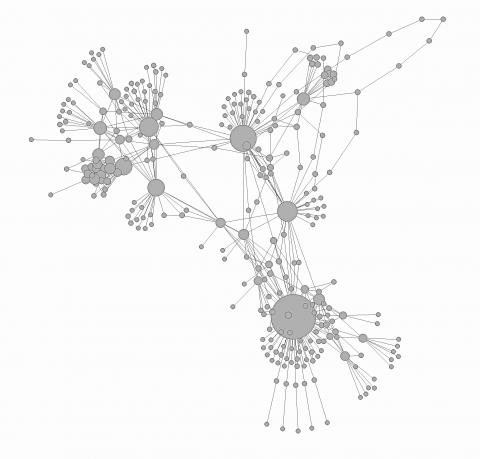
This programme of research explores the structure and mechanisms underpinning migration flows – both regular and irregular – and the integration of migrants into hosting communities. It brings together scholars from a variety of disciplines, ranging from Land economy (Dr Maria Abreu) to Criminology (Professor Loraine Gelsthorpe and Dr Paolo Campana), and Computer Sciences (Cambridge Cybercrime Centre, Dr Alice Hutchings). It adopts a cutting-edge mix of different methods of data collection, including sites ‘scraped’ from the Internet, and surveillance data generated by law enforcement agencies. Crucially, these large-scale datasets will be complemented with qualitative interviews with migrants and asylum-seekers at different stages of the migration process.
This programme will look at multiple aspects associated with the movement of migrants, including the governance of spaces (e.g. ethnic enclaves, refugee camps, local communities), the role of social capital and spatial aspects in fostering – or hindering -- integration, as well as the structure and activities of criminal networks underpinning human trafficking, people smuggling and modern slavery.
As part of this programme we will empirically reconstruct the journeys travelled by migrants as well as the organisation of smuggling operations; we will explore the experiences of migrants – with particular attention paid to the problems that migrant women may face – as well as the role of online frauds/forgeries and informal money transfers in providing an infrastructure to support human movements. Given the inherently relational nature of the phenomenon analysed, this programme adopts a strong social network analysis component.
Finally, this programme will develop evidence-based policy recommendations to inform policy-makers at the local, national and European level. It will also constitute the continuation of an existing project in relation to professional knowledge of migration so as to expose and challenge precepts and stereotypical thinking within professional groups within the Criminal Justice and Education systems.
Convenors: Paolo Campana and Loraine Gelsthorpe (Criminology), Maria Abreu (Land Economy), Alice Hutchings (Computer Lab)
